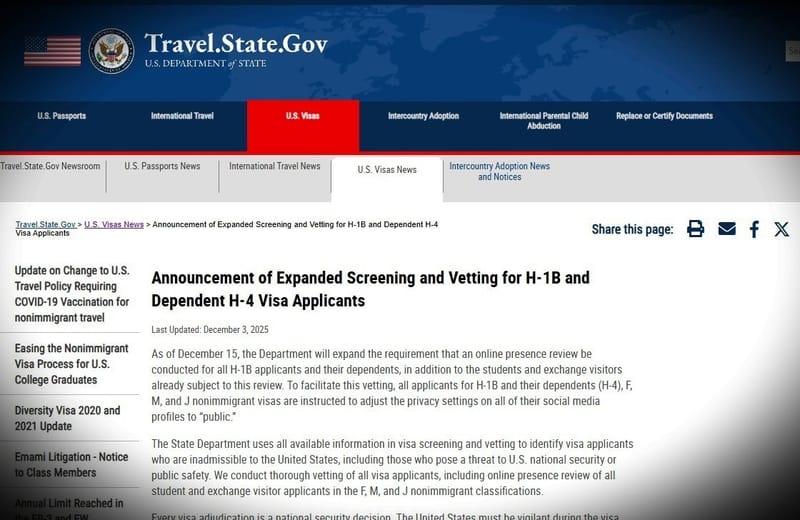Trump's Immigration Crackdown: Economic Impact on US Labor Market and Skilled Workers
Trump's aggressive immigration policies are not only affecting undocumented and temporary workers but are also signaling caution to employers about skilled foreign talent, with significant negative repercussions for the broader US economy and innovation.

Article Summary
The article details how the Trump administration's immigration crackdown, including increased ICE enforcement and the termination of humanitarian parole programs, is negatively impacting the U.S. labor market and economy. It highlights concerns from economists and businesses about slowing job growth, labor shortages, and reduced innovation due to the discouragement of both low-wage and skilled foreign workers, including H-1B visa holders. Specific examples include a Harvard-educated H-1B holder's perspective and a raid on a Hyundai plant affecting South Korean skilled workers.
[ Sentiment: negative | Tone: factual ]
This summary and analysis were generated by TheNewsPublisher's editorial AI. This content is for informational purposes only; it does not constitute legal or immigration advice.
TNP AI: Key Insights
This article is critical for our audience as it underscores how broad immigration policies, even those initially targeting undocumented or temporary parolees, create a chilling effect that extends to skilled immigration, directly impacting H-1B visa holders and employers reliant on global talent.
While past administrations have varied in their immigration enforcement, the article suggests a significant escalation under Trump, particularly with the 'One Big Beautiful Bill Act' that drastically increases ICE funding and detention capacity, creating a more aggressive enforcement environment than previously seen.
For tech startups and other businesses, this heightened enforcement and rhetoric could translate into increased reluctance to sponsor H-1B visas, fearing greater scrutiny or potential disruption, thereby exacerbating existing talent shortages. The detention of South Korean workers at a Hyundai plant serves as a stark warning to foreign investors about the security of their skilled workforce in the US.
This crackdown is likely to face continued economic scrutiny and potential pushback from industries dependent on foreign labor, potentially leading to increased advocacy for more predictable and stable immigration policies. The long-term impact on U.S. competitiveness in attracting global talent could be substantial if these policies persist.




